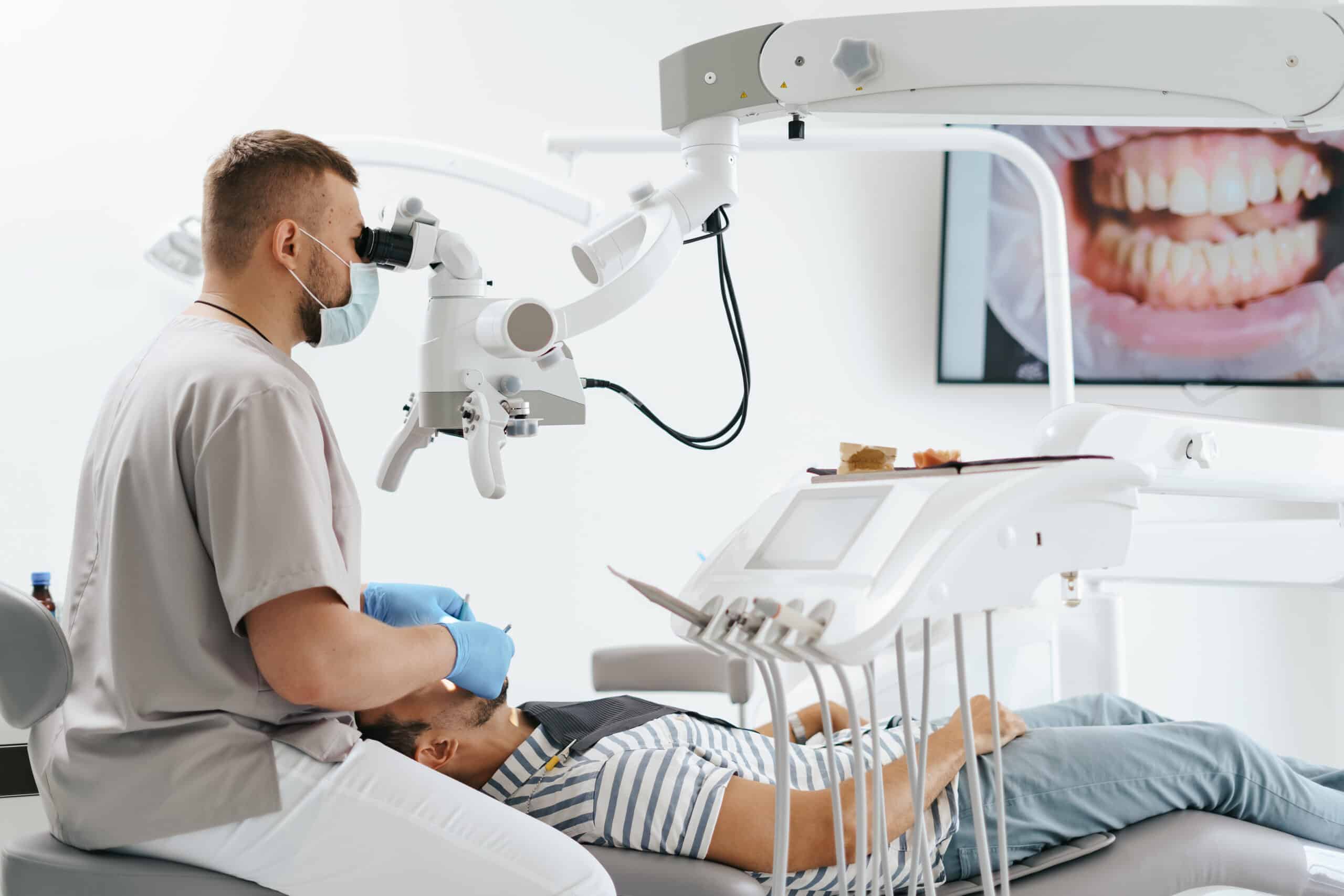Understanding Oral and Maxillofacial Surgery: What You Need to Know
Oral and maxillofacial surgery might sound complicated, but it plays a crucial role in addressing a variety of dental and facial issues. From wisdom teeth removal to corrective jaw surgery, these specialized procedures help improve both function and appearance. In this article, we’ll break down what oral and maxillofacial surgery involves, why it might be necessary, and what to expect if you or a loved one needs to undergo one of these procedures.
What is Oral and Maxillofacial Surgery?
Oral and maxillofacial surgery is a specialized area of dentistry that focuses on surgical treatments for the mouth, jaws, face, and sometimes the neck. Surgeons in this field are highly trained to handle complex issues that go beyond the scope of general dentistry.
Common Procedures
Some of the most common procedures include:
- Wisdom Teeth Removal: Extracting impacted or problematic wisdom teeth.
- Dental Implants: Placing artificial tooth roots to support replacement teeth.
- Jaw Surgery: Correcting misaligned jaws to improve function and appearance.
- Facial Trauma Surgery: Repairing facial injuries due to accidents or trauma.
- Cleft Lip and Palate Surgery: Correcting congenital deformities of the lip and palate.

Why Might You Need Oral and Maxillofacial Surgery?
There are various reasons why someone might need oral and maxillofacial surgery. These reasons can range from improving dental health to enhancing facial aesthetics. Here are some scenarios where this type of surgery might be necessary:
Impacted Wisdom Teeth
One of the most common reasons people visit an oral surgeon is to have their wisdom teeth removed. These teeth often become impacted, meaning they don’t have enough room to grow in properly. This can lead to pain, infection, and other dental issues.
Dental Implants
If you have lost a tooth due to injury or decay, a dental implant can be a permanent solution. Oral surgeons place these implants into the jawbone, providing a stable foundation for artificial teeth.
Jaw Misalignment
Some people are born with misaligned jaws that can affect their ability to speak, eat, and breathe properly. Corrective jaw surgery can help realign the jaws, improving both function and appearance.
Preparing for Surgery
Before undergoing any oral and maxillofacial surgery, you’ll have a consultation with your surgeon. This is an important step to ensure you’re fully informed and prepared for the procedure.
The Consultation
During the consultation, your surgeon will review your medical history, perform a physical examination, and may take X-rays or other imaging tests. This helps them plan the surgery and tailor it to your specific needs.
Pre-Surgery Instructions
Your surgeon will provide you with detailed instructions on how to prepare for the surgery. This might include:
- Fasting: You may need to avoid eating or drinking for a certain period before the surgery.
- Medications: You might be advised to stop taking certain medications or to take specific medications prescribed by your surgeon.
- Arrangements for Aftercare: Make sure you have someone to drive you home and help you during the initial recovery period.
The Day of Surgery
Understanding what happens on the day of the surgery can help ease any anxiety you might have. Here’s a general overview of what to expect:
Arrival and Preparation
When you arrive at the surgical center, you’ll check in and fill out any necessary paperwork. You’ll then be taken to a pre-operative area where you’ll change into a surgical gown and be prepped for the procedure.
Anesthesia
Most oral and maxillofacial surgeries are performed under general anesthesia, meaning you’ll be asleep during the procedure. Your surgeon will discuss the type of anesthesia that will be used and what you can expect.
The Procedure
The length of the surgery will vary depending on the complexity of the procedure. Your surgeon will explain the steps involved and how long it’s expected to take.
Recovery and Aftercare
Recovery times can vary, but understanding the basics can help you prepare for the days and weeks following your surgery.
Immediate Aftercare
After the surgery, you’ll be taken to a recovery area where you’ll be monitored as you wake up from the anesthesia. Your surgeon will provide detailed aftercare instructions, which may include:
- Pain Management: You’ll likely be prescribed pain medication to help manage any discomfort.
- Diet: You may need to stick to soft foods and avoid certain foods that could irritate the surgical site.
- Activity: Rest is crucial. Avoid strenuous activities and follow your surgeon’s guidelines for resuming normal activities.
Long-Term Recovery
Follow-up appointments will be scheduled to monitor your healing process. It’s important to attend these appointments and follow all aftercare instructions to ensure a smooth recovery.

Choosing the Right Surgeon
Selecting a qualified oral and maxillofacial surgeon is crucial for a successful outcome. Here are some tips to help you make the right choice:
Check Credentials and Experience
Make sure your surgeon is board-certified and has extensive experience in the specific procedure you need. You can usually find this information on the surgeon’s website or by asking during your consultation.
Read Reviews and Ask for Recommendations
Online reviews and personal recommendations can provide valuable insights into a surgeon’s skills and patient care. Don’t hesitate to ask friends, family, or your general dentist for referrals.
Ask Questions
Don’t be afraid to ask your surgeon any questions you might have. A good surgeon will take the time to answer your questions and ensure you feel comfortable and informed.
Conclusion
Oral and maxillofacial surgery can address a wide range of dental and facial issues, improving both function and appearance. Whether you’re dealing with impacted wisdom teeth, considering dental implants, or need corrective jaw surgery, understanding what to expect can help you feel more prepared and confident.
If you think you might need oral and maxillofacial surgery, consult with a qualified surgeon to discuss your options and develop a treatment plan tailored to your needs. With the right care and preparation, you can look forward to a successful outcome and improved quality of life.
Contact Legacy Dental
If you’re experiencing dental issues that may require oral and maxillofacial surgery, don’t hesitate to reach out to Legacy Dental in Boynton Beach, FL. Our experienced team is dedicated to providing comprehensive care tailored to your individual needs. Whether you’re looking for a consultation or need further information about our services, we’re here to help you every step of the way. Contact us today to schedule your appointment and take the first step towards a healthier, more confident smile!



